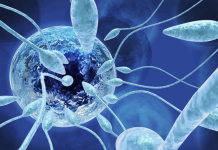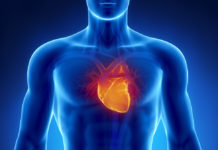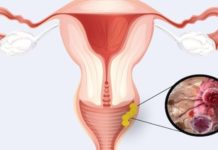Dry mouth or xerostomia is caused by dozens of internal or external factors. Drying of the mucosa can be caused by external factors and can be easily eliminated by a change in microclimate or fluid intake. But very often xerostomia is a symptom of serious neurological or physiological disorders. Noting the constant dry mouth - the causes of which disease should be sought?
Material Content:
Dry mouth in women - causes
A feeling of dry mouth appears due to insufficient function of the salivary glands. Pathology is detected in 12% of the world's population. In the age group, the occurrence of xerostomia increases and amounts to more than 25%. Such an increase in salivary gland dysfunction with age is caused not only by destructive-degenerative processes, but is also the result of numerous diseases that have been transmitted throughout life.
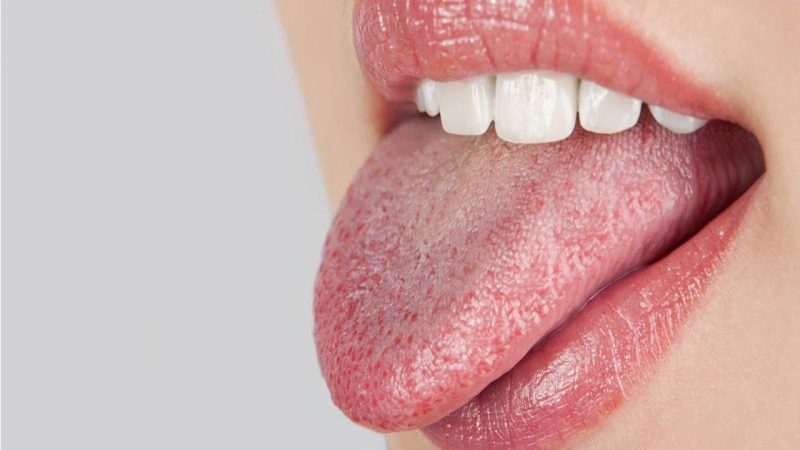
The causes of constant dry mouth are a violation of the qualitative composition and quantity of secretions secreted by the salivary glands.
If we analyze the scientific literature, it will become noticeable how rarely this problem is studied. The reason for this “inattention” is the lack of a clear definition of the very concept of “dry mouth”.
Common causes of decreased salivation are side effects of therapy using:
- tetracyclic antidepressants;
- antipsychotic drugs;
- atropine and antihistamines;
- β - blockers that cause hyposialia (decreased secretion of saliva).
Medical xerostomia, as a rule, is moderate or insignificant, and the function of the salivary glands is restored after treatment correction.
A much more dangerous cause of inhibition of saliva secretion is radiotherapy, which is used to treat malignant diseases of the cervical-facial region, upper respiratory tract and digestive tract. The salivary glands are extremely sensitive to the effects of ionizing radiation. Under its influence, irreversible changes occur in the tissues, causing drying of the mucous membranes of the oral cavity and pharynx. The total dose of 10 Gy received during the week of treatment leads to a decrease in saliva production by 50-60%. Chemotherapy also leads to similar consequences, but this phenomenon is usually reversible.
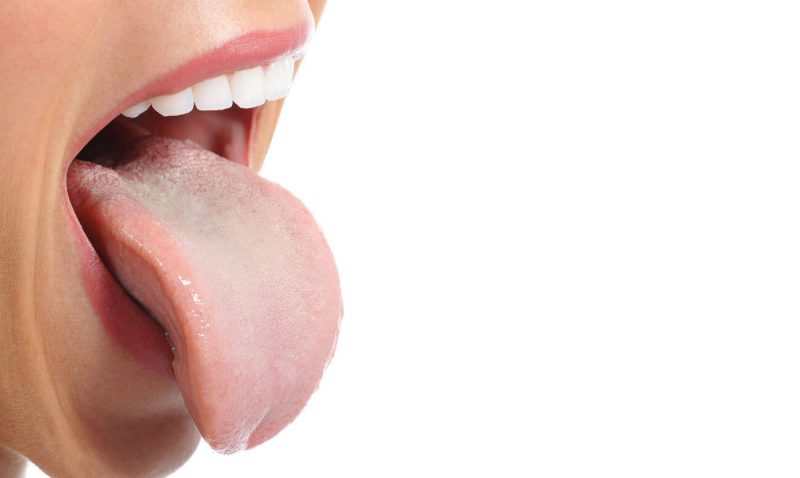
The causes of dry mouth of a non-neutrogenic (not caused by diagnostic, preventive or therapeutic actions) character are more diverse. Permanent dry mouth causes somatic diseases.
Atypical hypospadias factors are:
- bad habits - smoking tobacco and drinking alcohol;
- the use of coffee and drinks containing caffeine.
The amount of saliva secreted directly depends on the level of hydration (“water cut”) of the body.
A feeling of dryness in the oral cavity accompanies a loss of fluid due to:
- profuse sweat caused by fever in the body or the environment;
- massive blood loss;
- extensive damage to the skin (frostbite, burns);
- diarrhea and vomiting.
A feeling of dry mouth may appear during pregnancy and lactation. Xerostomia during pregnancy is reversible and is caused by natural processes taking place in the body of a woman.
Xerostomia has a tendency to increase, especially in recent decades, which is associated with environmental degradation, physical inactivity, hypoxia, and chronic stress.
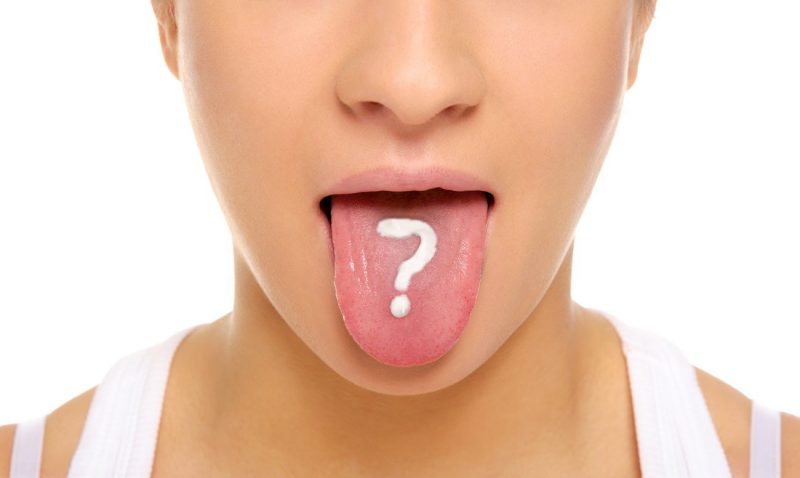
The decrease in the secretory function of the salivary glands leads to a weakening of the protective mechanisms of the oral cavity and creates favorable conditions for the development of pathogenic microflora.
With xerostomia, the following disorders are noted:
- trophic function of the tissues of the oral cavity;
- the process of regeneration of tooth enamel;
- cell cycle of oral epithelial cells;
- antimicrobial function;
- digestive processes;
- synthesis of growth factors:
- nerves
- epidermis;
- production of parotin - a hormone involved in calcium-phosphorus metabolism in bone and cartilage.
Some scientists say the reason for the increase in hyposalivation and xerostomia is an increase in life expectancy, since the majority of patients who turn to medical facilities for dry mouth are noted in developed countries. These are mainly people of the age group.
What diseases can appear?
The causes of constant dry mouth in a non-neutrogenic nature are diseases of the circulatory, endocrine system, various infections, metabolic disorders:
- primary and secondary Gougerot-Sjogren's syndrome;
- type 2 diabetes;
- hyper - or hypothyroidism;
- Mikulich syndrome;
- some metabolic disorders;
- infectious diseases;
- hypertonic disease;
- rheumatoid arthritis;
- Iron-deficiency anemia;
- HIV
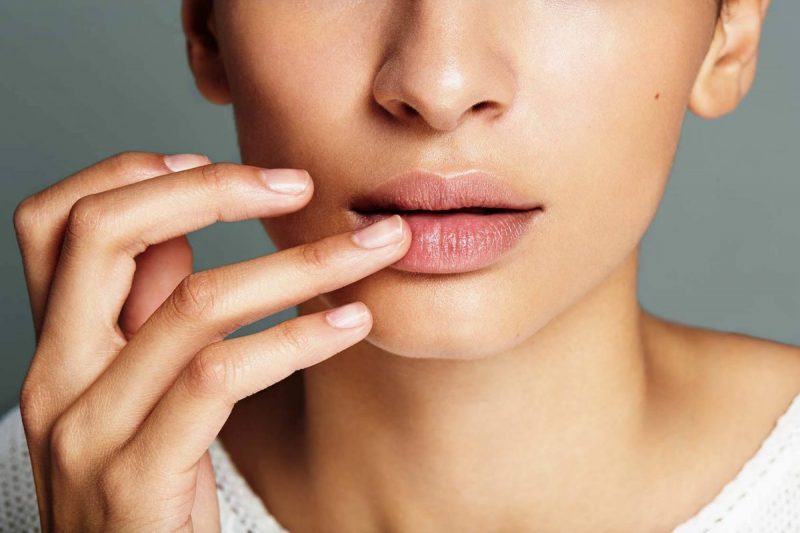
Disruption of the function of the salivary glands causes a violation of the chewing process caused by malocclusion or tooth loss. Drying of the mucous membrane of the mouth occurs when breathing is disturbed by the nose as a result of rhinitis, tonsillitis, sinusitis, hay fever, impaired patency of the nasal cavities.
Dry mouth causes fluid loss with:
- blood poisoning;
- fever;
- pneumonia;
- typhus and typhoid fever;
- some diseases of the gastrointestinal tract;
- poisoning;
- dysbiosis.
Dry mouth is caused by reflex inhibition of the function of the salivary glands, their inflammation (sialadenitis) or blockage of the excretory ducts (sialolithiasis).Neurogenic causes of decreased salivation are noted with some nervous diseases, as well as with damage to the nervous system.
Dry mouth is observed with cystic fibrosis, with a genetic disease - Prader-Willi syndrome, diffuse diseases of the connective tissue, pathology of the biliary system, Parkinson's and Alzheimer's diseases. According to some scientists, the function of the salivary glands very accurately reflects the state of the excretory system. Such a number of diseases, the symptom of which is dry mouth, requires a serious study of this condition.
Causes of manifestation day, night
Dry mouth may be noted not constantly, but at a certain time of the day. If the mucous membrane dries at night or dryness is felt in the morning, then the cause may be a violation of nasal breathing, snoring in a dream, increased dryness or air temperature in the room. In older people, mouth breathing during sleep is due to a weakening of the musculo-ligamentous apparatus of the lower jaw.
In women, hyposalivation can be caused by the use of cosmetics for the treatment of acne, and oily skin. When applying medical cosmetics before bedtime, in the morning there is discomfort in the oral cavity and a feeling of dryness.
Drinking salty, spicy foods, alcohol for dinner is also accompanied by morning thirst and dry mouth.
In the daytime, a feeling of dryness can cause:
- intense physical activity;
- negative emotions;
- insufficient fluid intake;
- prolonged exposure to the sun;
- high ambient temperature;
- work in a heating microclimate;
- stay in the sauna;
- stress.
All these factors cause a temporary sensation of dryness and, when eliminated, saliva production is restored.
Dryness and bad breath
Bad breath (halitosis) accompanies insufficient saliva production. Saliva has bactericidal, antifungal, antiseptic properties. Normally, 1 m3 of salivary gland secretion contains about 4,000 leukocytes, which provide a protective function in the oral cavity. With insufficient saliva, a change in the natural microbiocenosis (a complex of microorganisms) occurs, the number of pathogenic microbes and fungi increases. Vital products of anaerobic microorganisms appearing in the oral cavity in the absence of saliva have an unpleasant odor.

In addition, with a decrease in saliva production, the initial stages of digestion that occur in the oral cavity are disrupted. The food is not wetted, it lingers for a long time in the interdental space, under the gums and as a result of putrefactive processes, volatile substances with an unpleasant odor are released.
When the mucous membrane dries up as a result of the compensatory process, plasma proteins are released on the surface of the mucous membrane - whitish coating, it is not only a favorable environment for the propagation of pathogenic microorganisms, but also a substrate for the release of volatile sulfur compounds.
Halitosis causes periodontal inflammation, tooth decay, and other dental diseases. This pathology is also caused by dry mouth. That is why dry mouth and halitosis are indicators of dehydration (dehydration) of the body and symptoms of disruption of the processes occurring in the oral cavity.
Constant discomfort
During the day, in the oral cavity, three pairs of large salivary glands - the parotid, submandibular, sublingual - secrete 0.5-2 liters of saliva, of complex composition.

Violation of the production or outflow of saliva is accompanied by the following symptoms:
- the mucous membrane of the inner surface of the cheeks and the surface of the tongue becomes sticky;
- whitish deposits are deposited in the sky;
- saliva does not accumulate in the mouth;
- cervical (cervical) caries appears;
- the structure and color of the gums changes;
- the mucosa becomes pale and dull;
- secreted saliva foams;
- there are no papillae along the edge of the tongue;
- numerous grooves appear on the surface of the tongue;
- lobules are noticeable in the tongue;
- the mucosa of the cheeks and tongue atrophy;
- plaque is deposited on the teeth;
- speech function is impaired;
- digestion suffers;
- the perception of taste is perverted;
- the process of eating is difficult;
- bad breath is felt.
Atrophy of the mucosa is accompanied by its thinning, the appearance of small erosions and cracks not only in the mouth, but also in the corners of the lips.
Features of the ailment during pregnancy
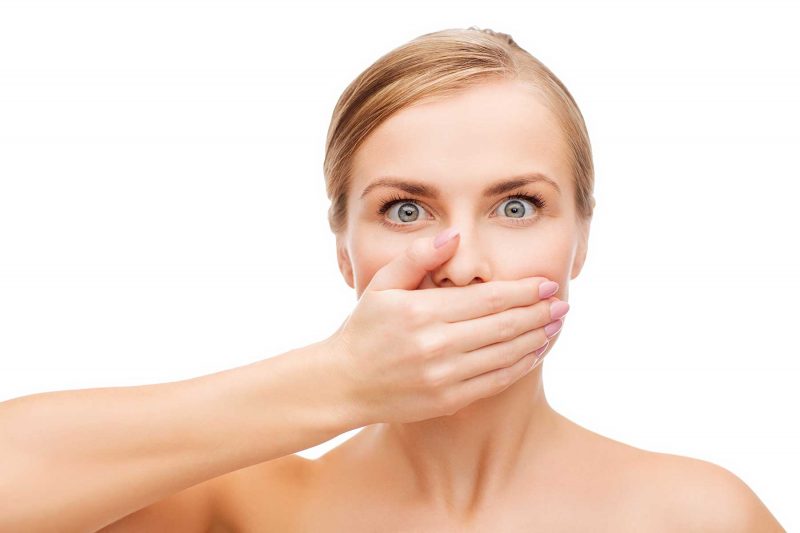
Dry mouth during gestation is caused by natural changes in the body:
- increased urine output caused by:
- mechanical compression of the bladder by the growing fetus;
- a change in the hormonal background - overproduction of progesterone, which affects the tone of the pelvic muscles;
- increased fluid volume in the body, which the kidneys cannot cope with.
- imbalance of minerals due to their use to build fetal tissues. Therefore, pregnant women often have a desire to eat pickles that cause thirst and dry mouth.
If dryness in the oral cavity is accompanied by a metallic taste, the smell of acetone, then gestational diabetes is a possible cause of the condition.
How to deal with dry mouth?
To eliminate dry mouth:
- maintain oral hygiene;
- visit the dentist regularly;
- comply with the drinking regime - drink 1.5-2 liters of water per day;
- drink in small sips and often;
- exclude caffeinated drinks and sweet sparkling water;
- for toothbrushing, use pastes with fluoride and essential oils that have a bactericidal, anti-inflammatory and deodorizing effect;
- rinse the oral cavity with a 2% solution of sea salt at least 4 times a day, irrigation with a 0.9% solution of sodium chloride (saline) and decoctions of medicinal plants that stimulate the separation of saliva;
- exclude alcohol-containing mouthwashes;
- do not use hard toothbrushes;
- use moisturizers for the lips;
- to stimulate the release of saliva using chewing gum without sugar and sour candies.
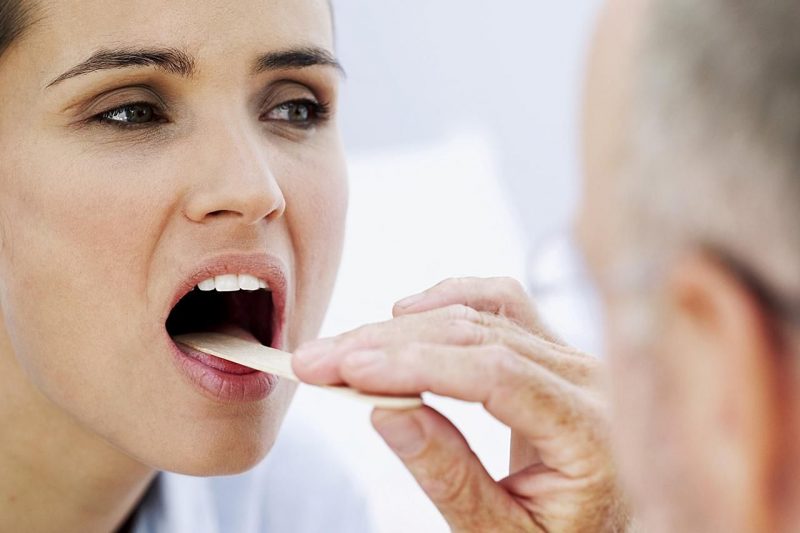
With severe xerostomia, apply:
- Xerostom gel;
- saliva substitute; Oral balance;
- lysozyme solution;
- Collagen Lysokol;
- 5% methyluracil ointment;
- physiotherapy - electrophoresis with drugs on the salivary gland.
With constant dryness in the oral cavity, you should undergo an examination, establish the cause of the condition and begin treatment of somatic diseases that caused it.



